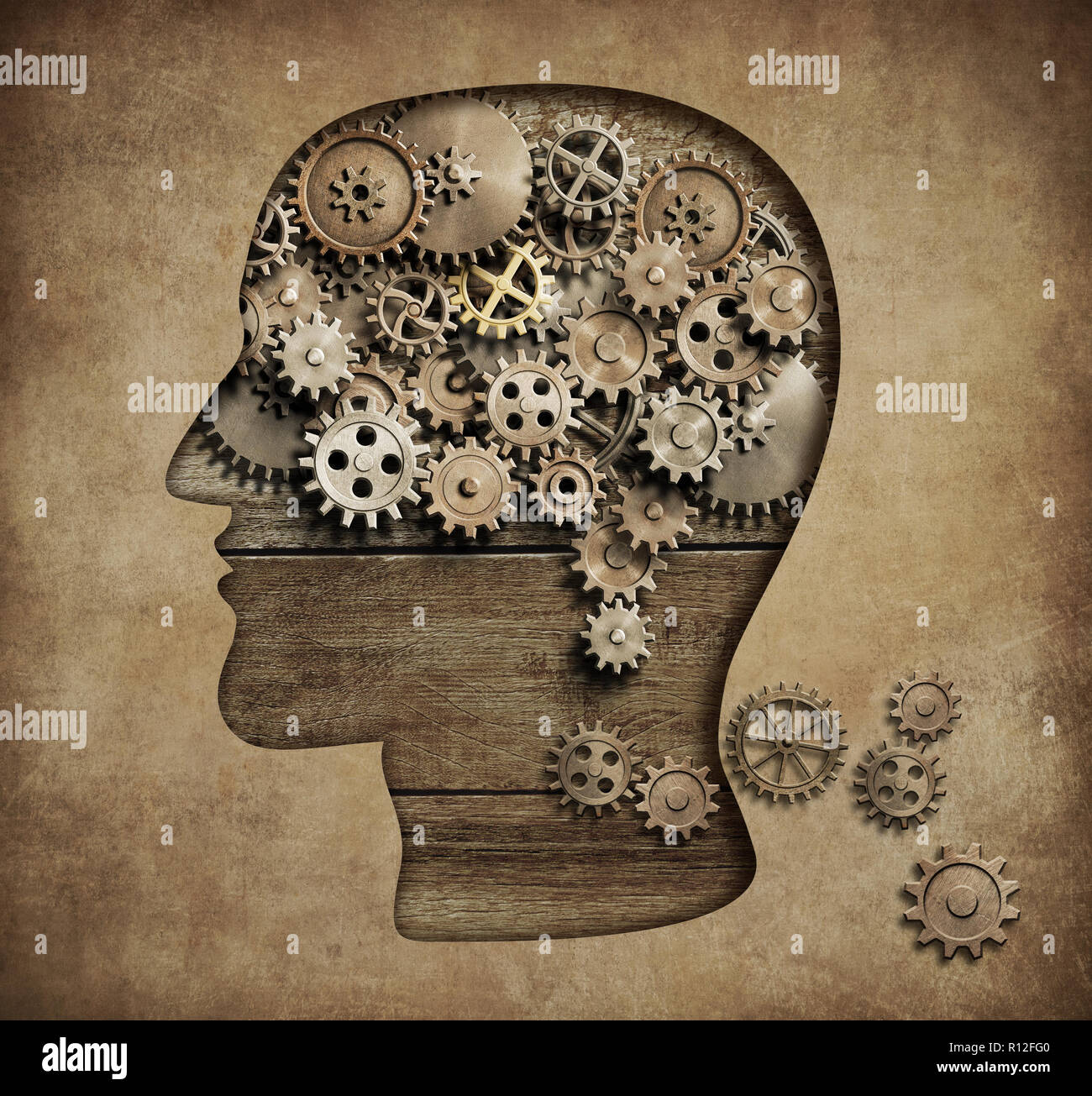Human psychology plays a significant role in politics as it affects the way individuals perceive, process, and respond to political information and events. Political psychology is a subfield of psychology that studies the psychological processes that underlie political behavior, including the formation of attitudes, beliefs, and opinions, and the decision-making processes that lead to political action.
One of the most critical factors in political psychology is the role of emotions in political decision-making. Emotions can shape our attitudes towards political candidates, policies, and events, and influence our behavior. For example, fear can drive people to vote for authoritarian leaders, while anger can motivate them to participate in protests or demonstrations.
Another important psychological factor in politics is cognitive biases. Cognitive biases refer to the systematic errors in thinking that can influence our judgments and decisions. For instance, confirmation bias can lead people to seek out information that confirms their pre-existing beliefs, while the availability heuristic can lead them to overestimate the importance of information that is readily available to them.
Moreover, group dynamics play a crucial role in political behavior. Group identity, conformity, and social influence can all influence how individuals perceive and respond to political events. People are more likely to support a political candidate or party if they feel that it aligns with their social identity or group affiliation.
Finally, personality traits and individual differences can also affect political behavior. For example, individuals with high levels of openness to experience are more likely to support progressive policies and political movements, while those with high levels of conscientiousness tend to prefer conservative policies and traditional institutions.
In conclusion, human psychology is a critical factor in politics, influencing how people perceive, process, and respond to political events and decisions. By understanding the psychological processes that underlie political behavior, policymakers and political strategists can develop more effective communication strategies and policy interventions.

Human Psychology about Politics
